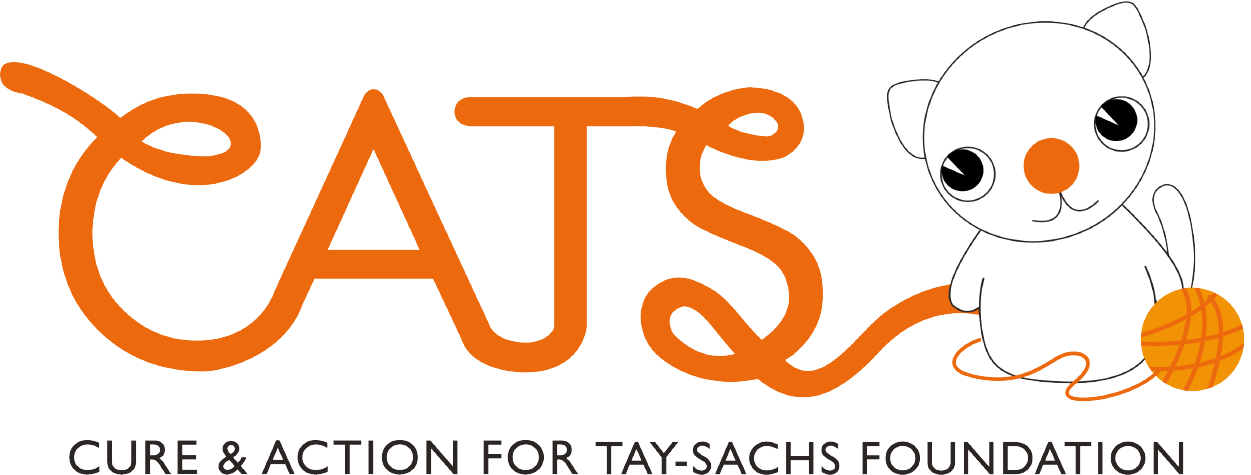
IB1001 Ongoing, Multinational Clinical Trials update
IntraBio is currently conducting three clinical trials with its lead compound IB1001 (N-acetyl-L-leucine) across twelve multinational sites in the United States, United Kingdom, Germany, Slovakia, and Spain. Recruitment is completing rapidly.
The studies investigate IntraBio’s lead compound IB1001 for the treatment of three rare, neurodegenerative diseases with extremely high unmet medical needs: Nieman-Pick disease Type C (NPC), GM2 Gangliosidosis (Tay Sachs and Sandhoff disease) and Ataxia-Telangiectasia (A-T).
Information on each trial can be found via ClinicalTrials.gov:
IB1001-201 Niemann-Pick Type C
IB1001-202 GM2 Gangliosidosis
IB1001-203 Ataxia Telangiectasia
To preserve the integrity of the trials, and per standard Good Clinical Practice (GCP), data on the clinical efficacy of IB1001 from these trials is blinded and confidential. This is to avoid bias and minimizes any irregularities in the trial conduct that may impact the outcome of the trials or their analyses. Therefore, we cannot comment on the efficacy of IB1001 in these trials until interim and/or final analyses have been completed and unblinded.
Further evidence of the effectiveness of the IB1000 series continues to be collected from patients participating in compassionate-use programs. To date, positive and clinically-significant benefits have been demonstrated in patients in more than 18 different neurological disorders, including Lewy Body Dementia, Restless Leg Syndrome, and Migraine [Strupp et al. 2019].
IB1001 Pre-Clinical DevelopmentSeveral recent publications have demonstrated the benefit of treatment with IB1001 and characterized its pharmacological and pharmacokinetic properties. This data further contributes to the strong therapeutic rationale for the use of IB1001, the L-enantiomer, as opposed to the racemic mixture for a broad range of inherited and acquired neurological disorders.
IB1001 – Novel Treatment for Traumatic Brain Injury (TBI)
Researchers at the University of Maryland published an article concluding that IB1001 is a promising novel, neuroprotective drug candidate for the treatment of Traumatic Brain Injury (TBI; a major, growing health concern worldwide, with almost 27 million new cases reported in 2016).
The publication further elucidated a mechanism of action IB1001, demonstrating “treatment led to the attenuation of cell death and reduced the expression of neuroinflammatory markers”. The researchers concluded that IB1001 is therefore “expected to be therapeutically extremely beneficial in restricting progressive neuronal death and hence in improving neurological function after TBI” [Sarkar et al. 2019].
IB1001 vs Racemate
Scientists at the University of Oxford published on the superior clinical utility of N-acetyl-L-leucine (L-enantiomer) compared to N-acetyl-DL-leucine (racemate). The study investigated the pharmacokinetics of N-acetyl-leucine enantiomers, and the results have “clinical implications supporting the use of the L-enantiomer (IB1001) instead of the racemate” given that “chronic administration of the racemate could have negative safety effects” [Churchill et al 2019].
IntraBio CollaborationsIntraBio has been approached by distinguished, multinational University Hospitals and Research Institutions who are interested in collaborating on the use of IB1001 for other indications.
In addition, a number of companies have been in contact with IntraBio about the future development of IB1001 (alone and as combination therapies) and other IntraBio pipeline drug candidates (IB2000, IB3000, and IB4000 series).
Market Exclusivity & ProtectionsIntraBio has three levels of intellectual property and market protections on the use of the IB1000 series*: patent protections, orphan drug designation and new chemical entity status (granted at the time of Marketing Authorization). These three levels are summarized below.
*The IB1000 series includes (i) the L-enantiomer alone; (ii) the D-enantiomer alone; (iii) the racemic mixture N-acetyl-DL-leucine; and (iv) development of pharmaceutically acceptable salts that can be administered orally, intrathecally, and intravenously).
Patent Protections
The IB1000 series has already been granted patents in 44 countries for the treatment of over 70+ Lysosomal Storage Disorders [EP3482754] and the treatment of a broad range of neurological disorders [EP2575793] including Alzheimers, Parkinsons, and Multiple Sclerosis. The IB1000 series’ patent portfolio will continue to expand, and we expect further patent grants in the coming months.
IB1001 – Combination Therapy
IntraBio and its collaborators continue to demonstrate that the IB1000 series is highly synergistic with a wide range of compounds and are promising combination therapies. Patents for several combination therapies have been applied for.
US FDA/ European Commission Orphan Drug Designations
IntraBio has received eight Orphan Drug Designations (ODDs) for the IB1000 series from the US FDA and the European Commission for the treatment of NPC, GM2 Gangliosidosis, A-T, and Spinocerebellar Ataxias (covering 40+ known subtypes). These orphan drug designations provide additional layers of regulatory protections. In the US, the designations may subsidize the cost of clinical development.
FDA Rare Pediatric Disease Designation
IntraBio has applied for its third Rare Pediatric Disease Designations (RPDD) from the Food and Drug Administration (FDA) for the B1000 series for the treatment of Ataxia-Telangiectasia (A-T), which we hope will be granted in the next 30 days. This designation is in addition to the two RPDD for the IB1000 series which have previously been granted for the treatment of NPC and GM2 Gangliosidosis (Tay-Sachs and Sandhoff disease).
These granted RPDDs confirm that IB1000s are considered “new chemical entities” by the FDA and, thus, at the time of marketing authorization, will receive additional data exclusivity from generic competition (5 years US/ 10 years EU).
In addition, these designations make IB1000s eligible for, and expedites the request of, a Rare Pediatric Disease Priority Review Voucher (PRV) which would be granted at the time of marketing approval in the US. This PRV can be redeemed to receive a priority review of a subsequent marketing application for a different product and can be sold or transferred an unlimited number of times. PRVs have been sold for over $200 million.
Please contact me if you have any additional questions regarding IntraBio.
Recent Posts
“Spot the Stop” for Tay-Sachs and Sandhoff campaign results
Azafaros RAINBOW study update: Completion of 12 week phase 2
+44 7894 859 752
info@cats-foundation.org



